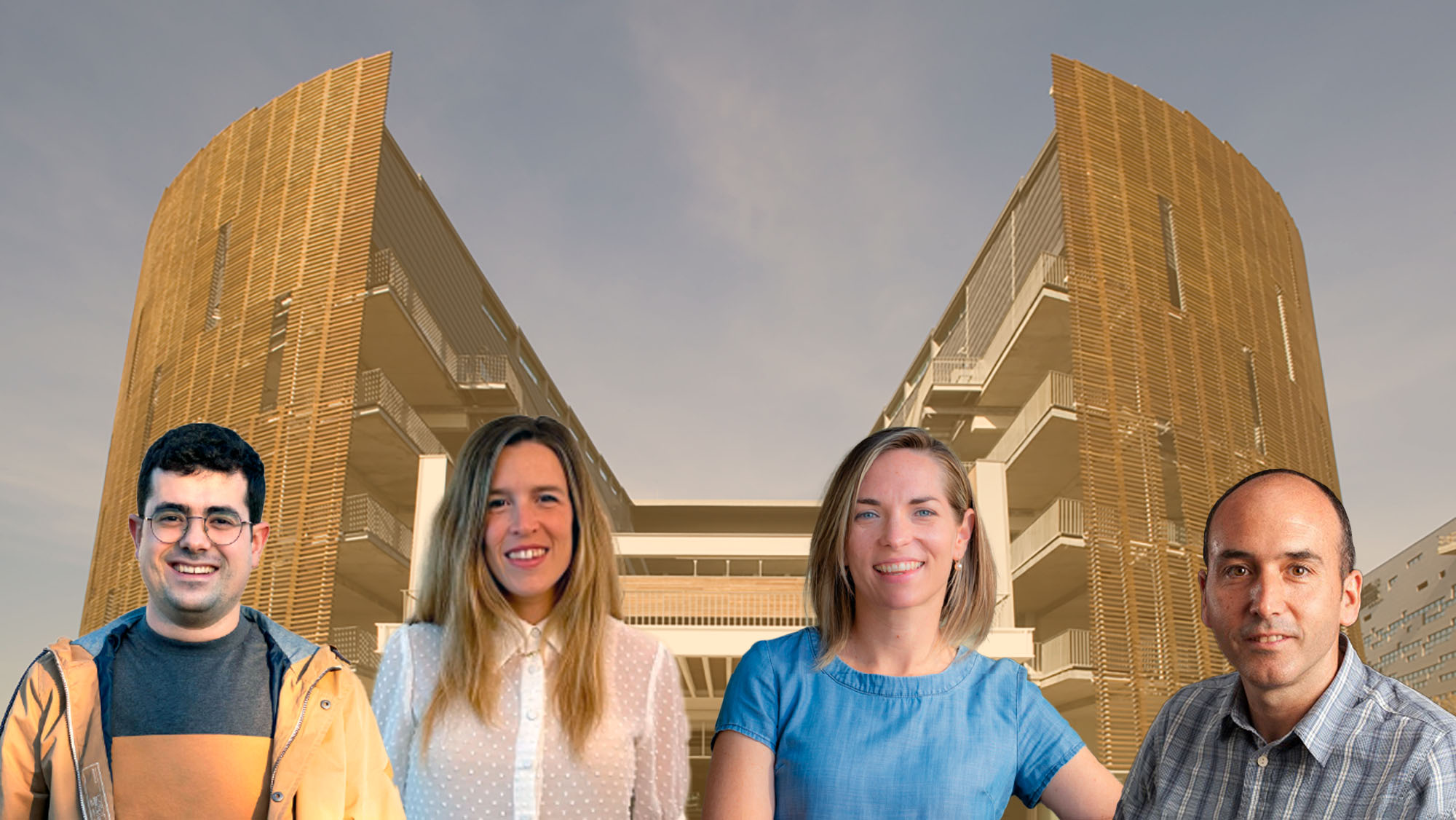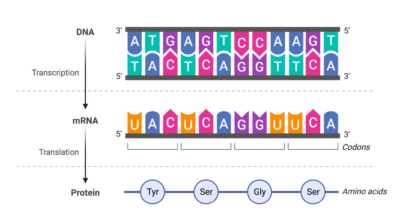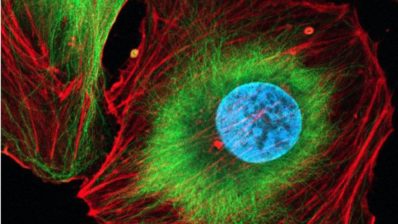The Barcelona Biomedical Research Park (PRBB) community is constantly on the move. Research staff and students come and go, learning and contributing their little bit to the research carried out at our centres. Today we would like to present the latest incorporations of principal investigators from the PRBB centres.
Membrane enzymes as cancer targets
The Department of Medicine and Life Sciences of the Pompeu Fabra University (MELIS-UPF) has welcomed Marta Barniol Xicota. During her career, the researcher has focused on understanding the biological activity of enzymes in cell membranes. And now, in the laboratory she has set up at MELIS-UPF – where there is an open call for PhD students – she will seek to develop chemical probes that will allow them to study membrane enzymes related to lipid metabolism that are still not well known. Some of these peptides are overexpressed in various types of cancer, and characterising them could turn them into new targets for reducing the aggressiveness of the disease.
Comparative and functional genomics
Mario Cáceres is the latest addition to the Hospital del Mar Medical Research Institute (IMIM). His team will study the functional and evolutionary impact of changes in the genome, especially those about which little is known today, such as inversions. Based on experimental studies, they will use advanced bioinformatics tools that will allow them to learn more about these changes in the genome.
Organoids to understand cancer development
The Tissue Biology and Disease Modelling Unit at the Barcelona Molecular Biology Laboratory (EMBL Barcelona) also hosts a new research group, led by Talya Dayton. The laboratory is responsible for studying neuroendocrine development and cancer. The methodology will involve the use of organoids derived from human lung neuroendocrine cells for in vitro studies.
The theory of biological processes
Finally, Alejandro Torres-Sánchez inaugurated EMBL Barcelona’s first fully theoretical group. His group will be in charge of discovering the physical principles behind biological processes. To do so, they will use mathematical models that they will test with supercomputers and high-performance computing methods. Alejandro says that they are the only group at EMBL Barcelona that does not have a wet lab, but that this will allow them to establish interesting relationships with other groups and develop interactions to broaden knowledge about biological processes from another perspective.
We welcome them to the PRBB community and wish them the best of luck and prosperous research in their new labs!







